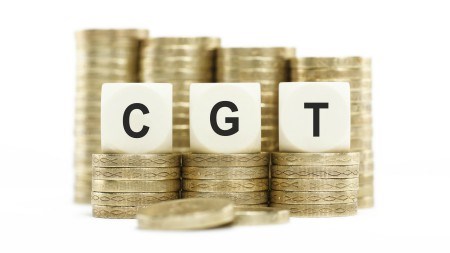Over the long-term, very few investment vehicles have the same benefits as property when it comes to building a base for personal wealth, says Adrian Goslett, CEO of RE/MAX of Southern Africa.
“Many savvy property buyers who have adhered to the golden rules of property investment have been able to enjoy remarkable returns on their investments and have seen the benefits that this asset class can provide. Even with the recession having its effect on the market, those who bought property at the right time, will still have seen massive growth on their investment, provided of course they made the correct choices at the start of their initial outlay,” says Goslett.
He notes that the largest advantage that any successful property investor has is knowledge. “As with any investment scheme, research and knowledge of the market play a significant role in the success of that venture. Knowing where and how to invest can only come from extensively studying all aspects of the market as well as the current conditions that have an influence over it. All rudiments regarding the investment should be carefully considered to ensure an informed decision is made. The investor will need to take into account factors such as location, type of property, phase of the market cycle and future appreciation potential. These elements of property investment will always remain important regardless of the conditions surrounding the transaction,” he advises.
While seeking advice or consulting with professional financial advisers may come at a fee, the cost of taking action without being well informed and prepared will be much higher. Obtaining sound council from an experienced, seasoned property investor or financial adviser could be the difference between financial independence and losing vast amounts of money unnecessarily. However, having said that, real estate investment is far less volatile and more forgiving than many other investment vehicles such as share or equity markets.
“While shares and equalities could fluctuate vastly during the investment period, property prices tend to increase far more steadily over the long-term. Generally the property market revolves around cycles that can be predicted based on various market indicators. These cycles allow for a more accurate estimate on the return of investment than seen in other asset classes. While other investment options need to be sold at the exact right moment to reap the maximum reward, property investors do not have to sell only when the market is at its highest to see the benefit of the investment,” says Goslett.
He notes that added to that, property owners have control over their property as an asset. It is also one of the only forms of investment that can be financed and used as leverage. Financial institutions are willing to grant finance to property investors because the property acts as collateral for itself. “As an appreciating asset, the property should continue to grow in value, which will largely ensure that the bank can recoup any loses that may occur, by selling the property in the event that the buyer defaults. Financing property is far less risky for banks than financing any other type of asset class.”
Ideally an investment should either match inflation or outgrow it, which is known as an inflation-hedged investment. Property is one such investment. Goslett notes that while the value of the property appreciates over time, the outstanding bond will decrease. “There is also the possibility of the property generating an income, which will assist in paying off what is owed,” he says.
A benefit for South African residents is that depending on the method of investment, buying a property will not attract tax. Capital Gains Tax may be levied at the time of sale. However, this is dependent on the amount the property is sold for. Goslett says that any income received from property rental will be taxed as normal, although the investor can claim tax deductions for maintenance as well as the interest portion of the bond on rental properties.
It is possible for property to form the cornerstone of an investment portfolio; however investors will need to be aware of the costs involved with owning and maintaining the property. Ongoing pre-emptive maintenance is far less costly than waiting for something to go wrong, and it will assist in ensuring a profitable return on investment. “A well-maintained property, in a good location will remain a sought-after asset that can be the basis of building wealth,” Goslett concludes.


